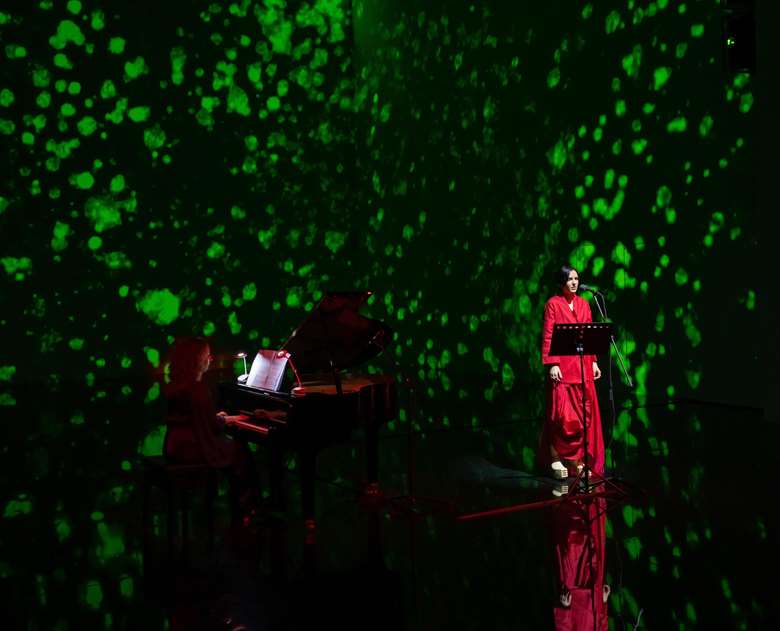Yana Mann: Building a classical music scene from the ground up
Yana Mann
Friday, November 18, 2022
Mezzo Soprano Yana Mann reflects on the challenges she faced moving to UAE almost a decade ago and recounts how she helped build an appetite for classical music in her new home


Register now to continue reading
Don’t miss out on our dedicated coverage of the classical music world. Register today to enjoy the following benefits:
- Unlimited access to news pages
- Free weekly email newsletter
- Free access to two subscriber-only articles per month

